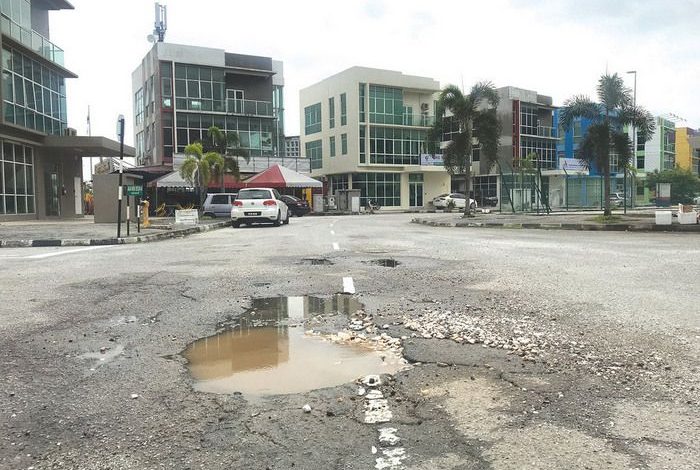Connexion: Flush politics down the drain


“Until today no action has been taken.” So wrote a Taman Ipoh resident about the state of our drains. From when until today? “Years and years of unsatisfactory administration,” he lamented in a complaint to Ipoh Echo last month.
The complainant asked a politician to “explain why we faithful taxpayers pay our Assessment Tax dutifully every year when the City Council is so very lax in fulfilling our rightful benefits. How can any resident in such circumstances be dependent on the political party elected to fulfil our basic needs?”
This is a key phrase: “dependent on the political party.” Our system of governance has made us dependent on politicians for everything, from cleaning our drains to draining our brains. We agreed to a system that cave communities would look down on, as they ran their own show with every household clutter having at least one rep in the neighbourhood government.
But the modern representative system has taken on such distortion that you, as a ratepayer partially funding the city’s expenditure, have become powerless. The system does not provide for non-politically elected neighbourhood reps to be part of the governmental structure.
Unattended clogged drains are just one symptom of systemic failure; Klebang residents will remember that early this year potholed roads were left unrectified for months. It’s much the same all over Malaysia. For years, road users have expressed frustration at the tortoise-slow repairs to potholes and depressed stretches that trap deep pools of rainwater. Fatal accidents due purely to apathetic maintenance have been the tragic consequence.
Especially glaring are the reported cases of wanton neglect of public parks as well as parklands crafted by property developers in cities and handed over to local authorities. And is it a Mission Impossible job to clear the roadsides and green patches of litter?
Yes, it is indeed Mission Impossible. When a governance system makes everyone dependent on the politicians and their political parties, it creates a state of rigor mortis or body stiffness. If HQ decides even the smallest things, after a while nobody takes initiative and drains stay clogged.
Fifteen years ago, the Commonwealth Foundation in its guidebook on practising inclusive governance recommended that citizens be allowed to play an active role. On World Cleanup Day last September, 70 residents of Kampung Pengkalan Gate in Ipoh volunteered to flush the dirty drains. Their cooperative action shows that residents can handle local maintenance – all it takes is to grant them empowerment through non-political neighbourhood committees as part of the city government structure.


